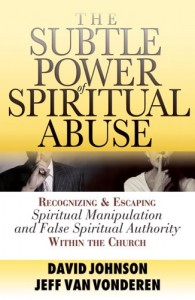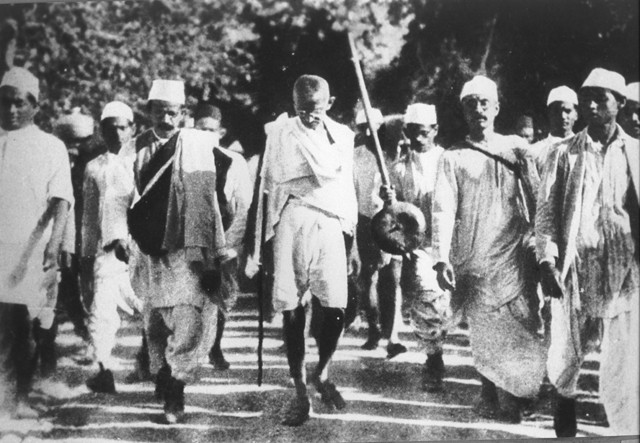The Subtle Power of Spiritual Abuse
 Abuse. It’s such a strong word, it makes me cringe. In a former church experience, I used other words to describe what I saw. But abuse?
Abuse. It’s such a strong word, it makes me cringe. In a former church experience, I used other words to describe what I saw. But abuse?
If you’ve ever found yourself in a church that manifested symptoms like the “spiritual manipulation and false authority” referred to in the subtitle, The Subtle Power of Spiritual Abuse is a worthwhile read. Apparently ground-breaking at the time of its publication in 1991, this book explores what spiritual abuse is (and is not), its causes and effects, scriptural teachings about it, and, finally, how to respond and walk through the process of renewing the mind afterward. It’s a disturbing book in the best possible way — by confronting the issue with both grace and truth. And it is helpful in a practical way to those trying to find their footing after a damaging church experience.
No church is perfect. As I once heard Elisabeth Elliot say, “There is no perfect church; and if you find it and you join it, it won’t be perfect anymore.” But the church is still the Bride of Christ, and even in its imperfection it can and should be a safe place to grow. The authors of this book are aware of how potentially explosive their topic can be, and they take pains to qualify and define and exhort as they write. Here is one good example of how they define a problematic church in contrast to a healthy one:
There are spiritual systems in which what people think, how they feel and what they need does not matter. People’s needs go unmet. In these systems, the members are there to meet the needs of their leaders: needs for power, importance, intimacy, value — really, self-related needs. These leaders attempt to find fulfillment through the religious performance of the very people whom they are there to serve and build. This is an inversion in the body of Christ. It is spiritual abuse.
And here is one more helpful definition:
The difference between an abusive and a non-abusive system is that while hurtful behaviors might happen in both, it is not permissible to talk about problems, hurts and abuses in the abusive system. Hence, there is no healing and restoration after the wound has occurred, and the victim is made to feel at fault for questioning or pointing out the problem.
The results of these styles of operating can be, as the title suggests, subtle and far-reaching. As with other forms of abuse, the victim is not always able to break free for various reasons. David Johnson and Jeff VanVonderen work their way along systematically, thoroughly, and constructively, providing examples from their pastoring/counseling experience to illustrate. I can see why this has been an influential book, both among those who have experienced abuse and those who seek to help them.
This title came to my attention recently through some friends from a church we had left. They had read it as part of the process of praying through and evaluating whether to stay or go. I wanted to read it because now that several years have passed since my husband and I discussed our concerns with leadership there and received their blessing to leave, I thought revisiting the experience through the lens of this book might shed some new and healing light.
I came to the conclusion that although abuse does seem to be the name for what went on there, I’ve escaped much of the trauma such an experience could have caused. God gave me a level of insight into what was happening that provided some protection. That’s not to say there were not wounds sustained, but they didn’t strike at the heart of my relationship with God. Those who don’t recognize problems and remain vulnerable suffer much worse effects. In this sense, this book showed me how much worse it could have been — and is, for many people.
We belong to a healthier church family now. Looking back, we see that God was not simply releasing us from one place, but was leading us on to another that he had prepared for us. I’m so grateful to him for providing for my family, yet I still feel such a sadness when I think of our old church. I still see all that it could be, and still pray that the dark clouds will be dispelled before, as this book puts it, “the good news becomes bad news” for more of those who remain. When I think of them, or of others who have suffered spiritual injuries such as this book describes, I take encouragement from these words in Ezekiel 34:
11 ” ‘For this is what the Sovereign LORD says: I myself will search for my sheep and look after them. 12 As a shepherd looks after his scattered flock when he is with them, so will I look after my sheep. I will rescue them from all the places where they were scattered on a day of clouds and darkness.


